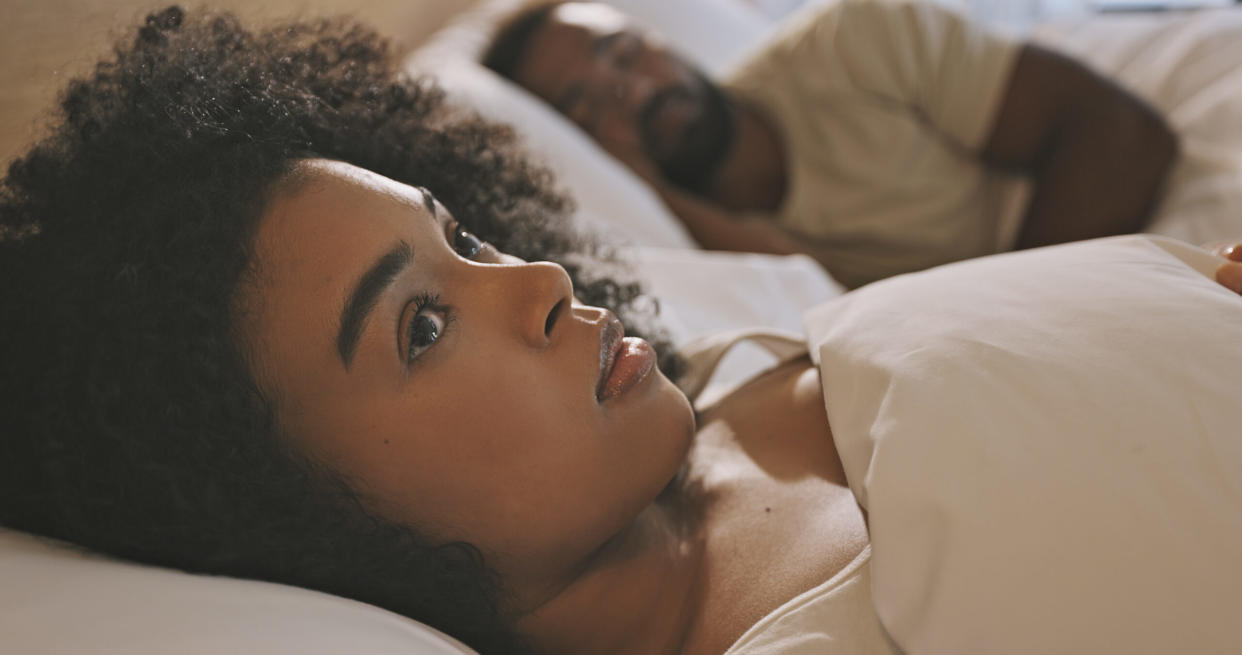Why Is Sleep Apnea Prevalent Among Black Folks? Google’s Chief Health Equity Officer Highlights The Role Of AI In Bridging Healthcare Gaps, Sleep Issues And More

Have you noticed that sleep disorders seem to disproportionately impact Black people? Now, it is something that technology can assist in and help us learn more about.
Dr. Ivor Horn is Google’s Chief Health Equity Officer, leading efforts to bridge healthcare gaps and address disparities, particularly within marginalized communities. Her work emphasizes the intersection of healthcare equity and artificial intelligence solutions, focusing on technology, innovation and sleep disorders affecting Black communities.
Recent studies reveal that Black adults face higher rates of sleep disorders — including sleep apnea, insomnia and irregular sleep patterns — compared to other demographic groups. These findings highlight the pressing requirement for initiatives and heightened awareness efforts.
Dr. Horn discussed with Blavity the reasons behind the increased occurrence of sleep disorders like sleep apnea within the Black community.
“I think it’s so important because I think it’s something that we [those in the Black community] don’t think about sleep as part of our health,” Horn said. “We [as humans] have evolved and expect to sleep around seven to nine hours a day, and it’s not just the amount of you sleep because you could sleep too long or too little — they could both have negative impacts on you and your health.”
She continued, “We also recognize it’s the quality of your sleep that matters as well; how much you get into deep sleep and REM sleep, it’s sort of like the opportunity to dream — all of those things impact the quality of our sleep and impact our health in result of that. Black people are less likely to get at least seven or eight hours of sleep. We are more likely to get six hours or less of sleep, and that’s multifactorial.”
Dr. Horn also mentioned that factors such as location, light pollution, noise pollution, obesity, stress and temperature are among the various elements that influence sleep quality. Moreover, racism, whether experienced firsthand or indirectly through multiple channels such as television, also exerts an influence on sleep quality, contributing to conditions like cardiovascular disease, hypertension, metabolic disorders and other health issues.
To help detect irregularities in sleep and better help you understand your sleep patterns, Google’s Pixel Watch features advanced sleep monitoring technology. While it does not diagnose sleep disorders such as sleep apnea, it can identify variations in sleep patterns that users can discuss with healthcare providers to enhance their overall wellness.
“We now have the ability with our Pixel watch to track sleep data,” Dr. Horn said. “It looks not just at how much sleep you get; it also looks at those stages. It looks at periods when you wake up during the night, how much sleep you get and how much deep sleep you get, how much REM sleep you get, and how all of those things come together as a score.”

